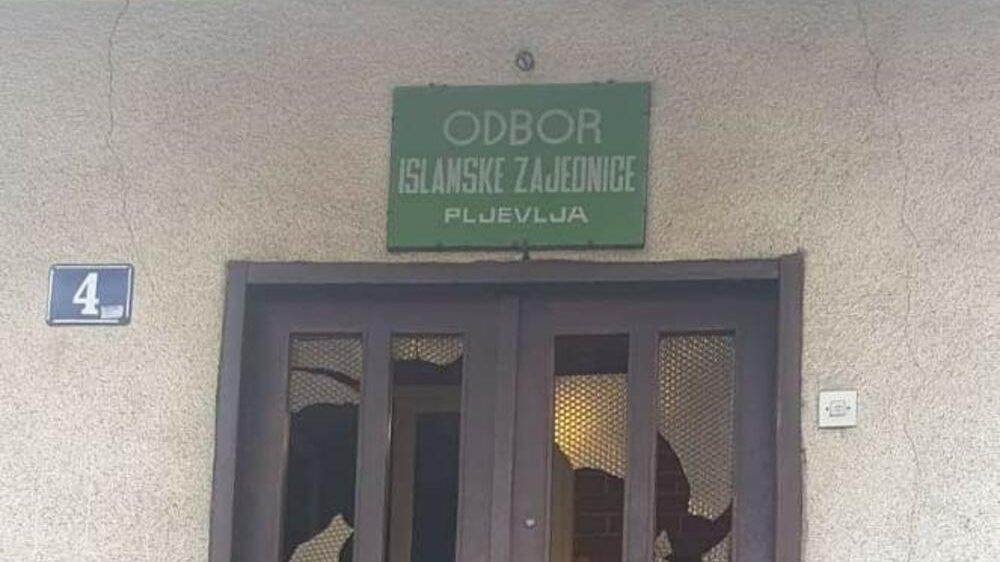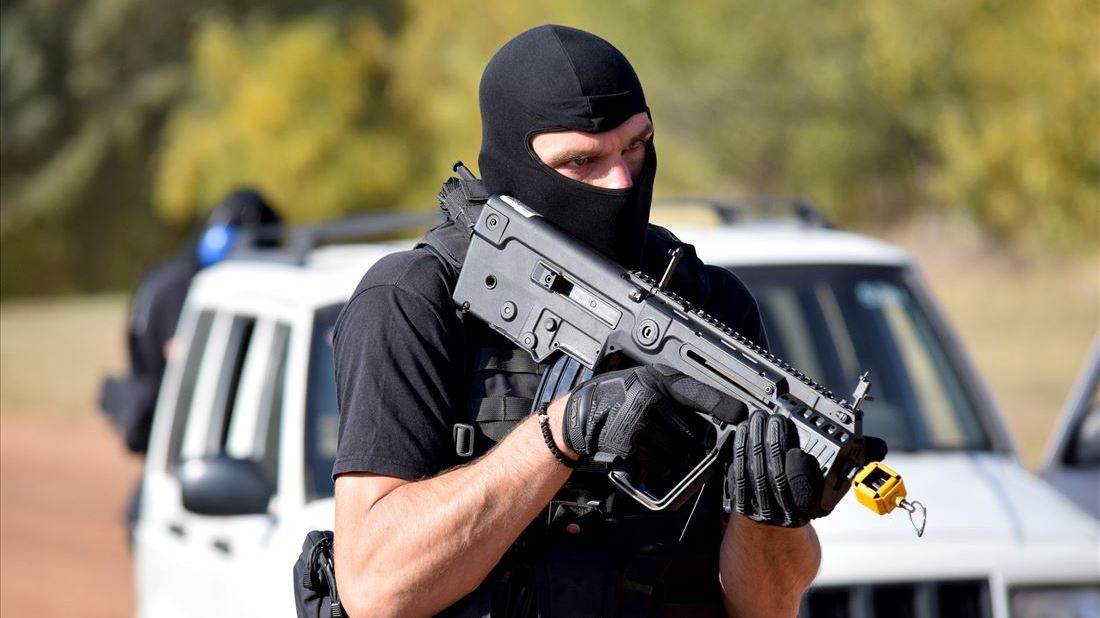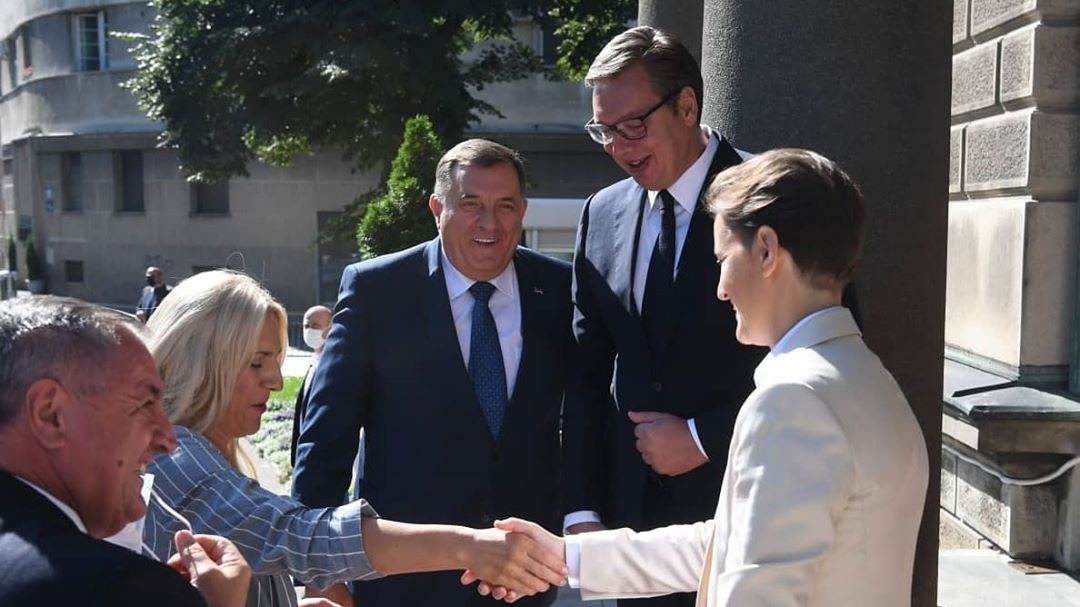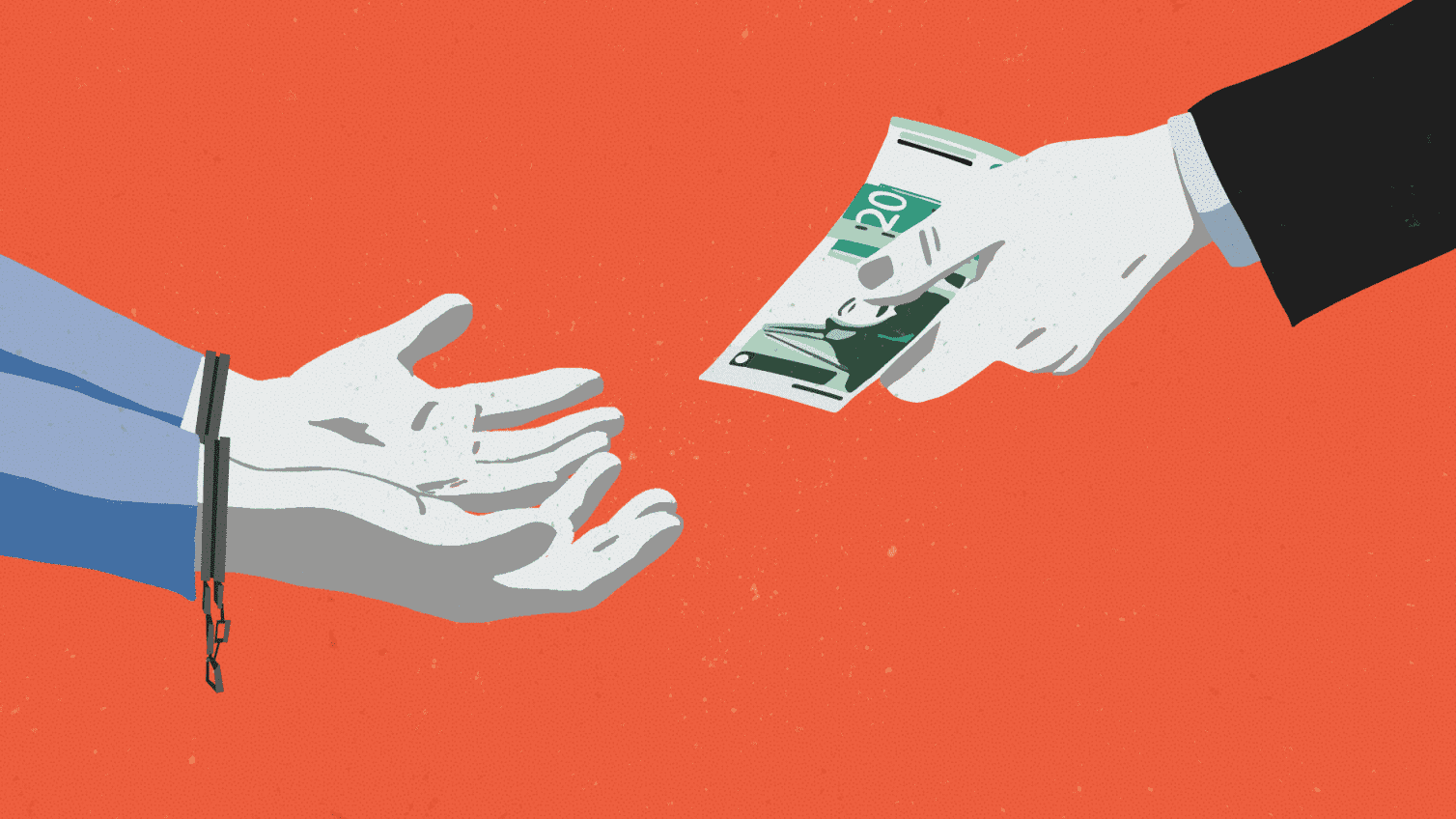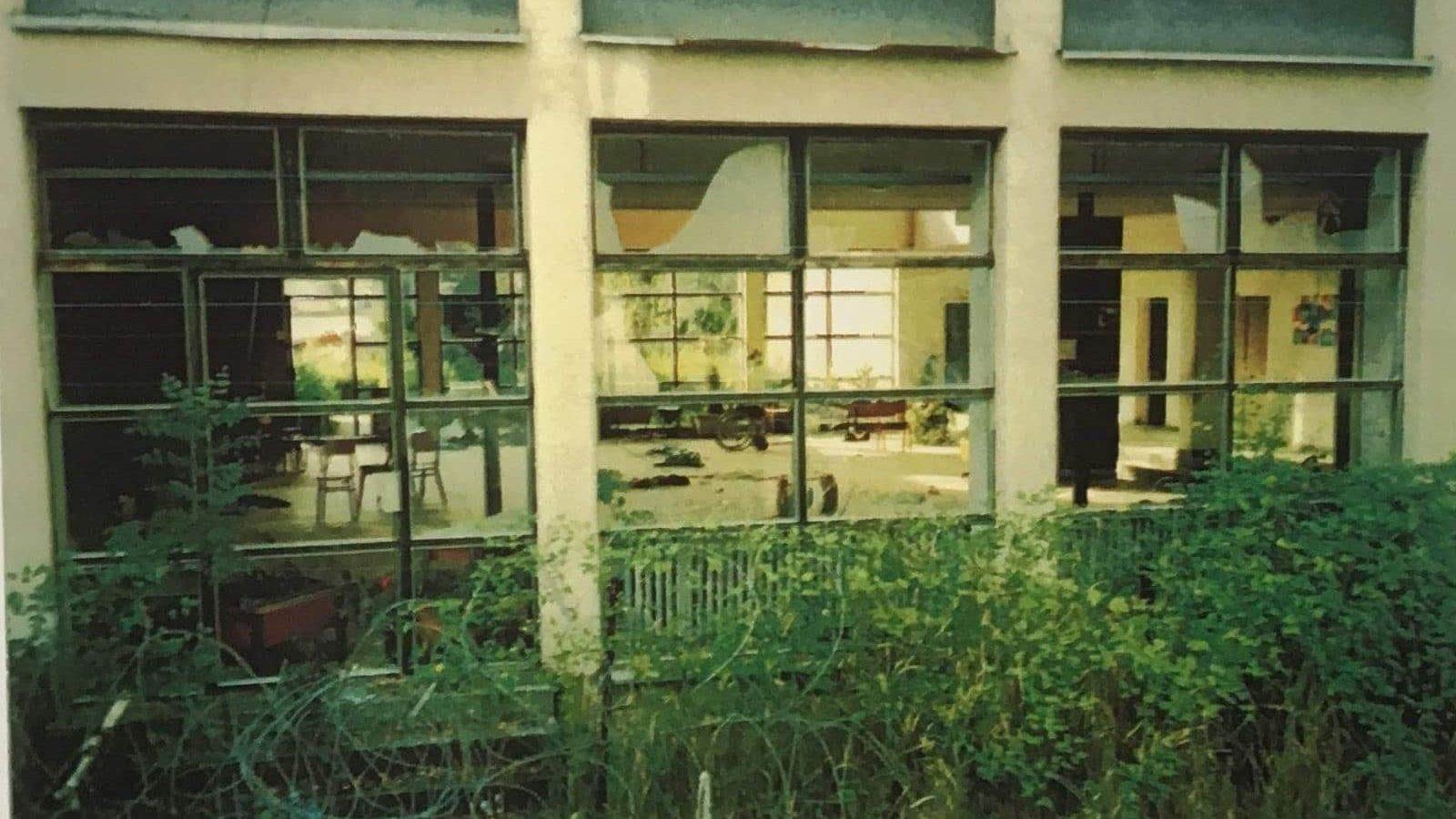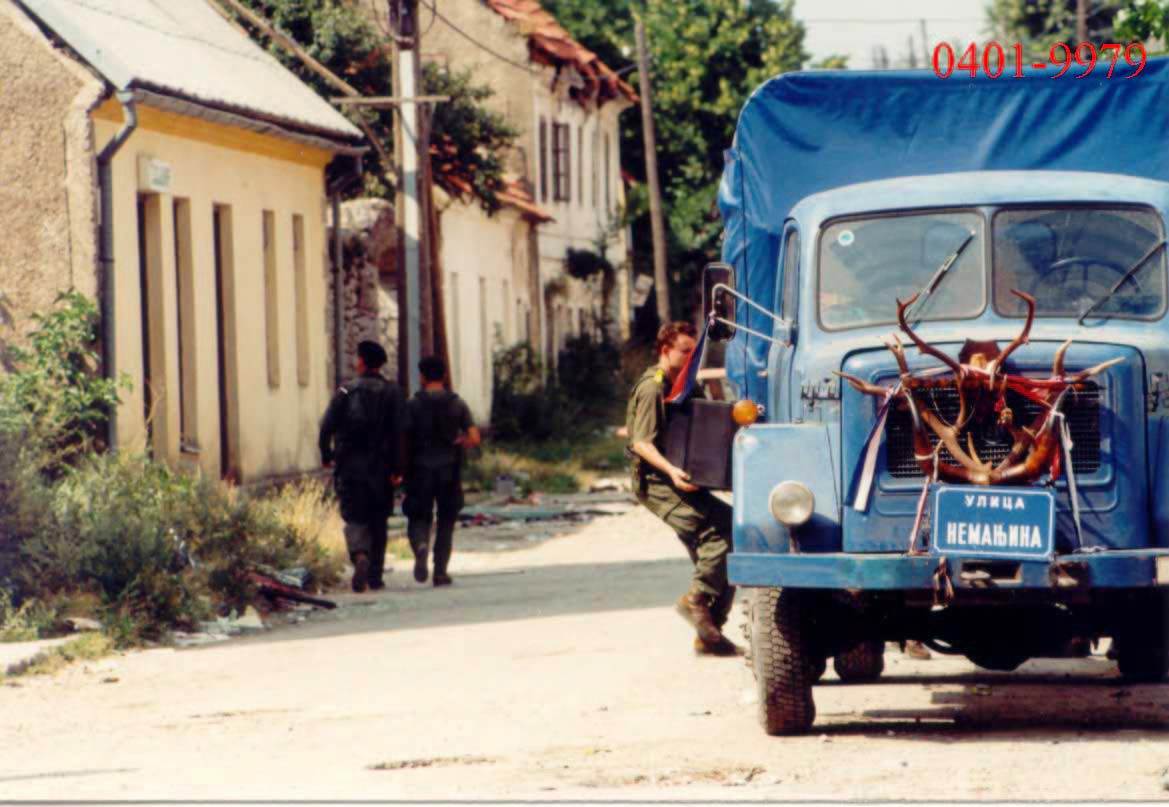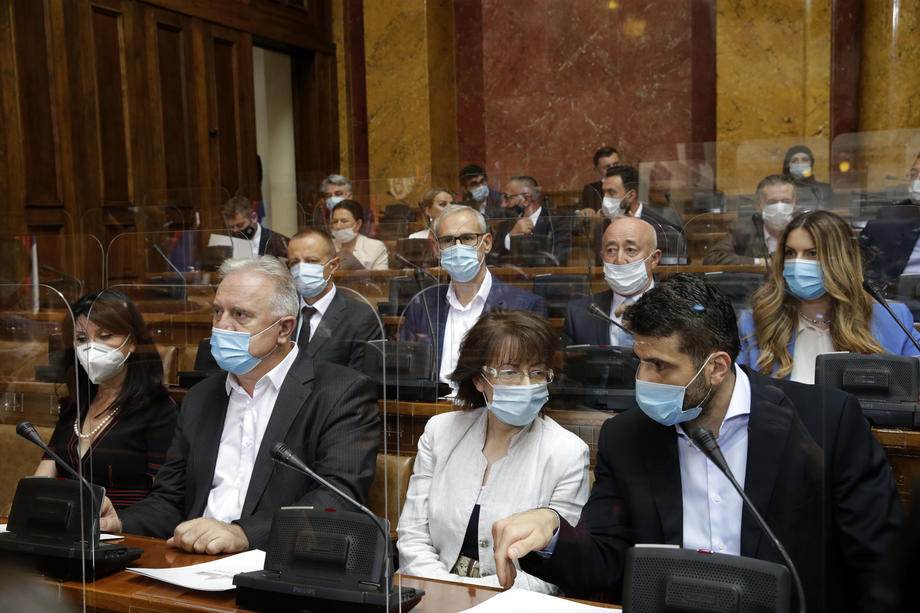They are Muslims like the majority of Kosovo Albanians, and speak a similar language to Serbs, but Kosovo’s minority Bosniaks have encountered discrimination, violence and poverty as they endeavoured to...
Facebook has disabled a network of several accounts supposedly based in Romania operated by people with links to the Russian government – accusing them of violating its policy on foreign...
Attackers broke the windows of an Islamic community building in the town of Pljevlja, while Montenegrin Bosniaks complained of being targeted in the wake of elections won by opposition blocs...
North Macedonian arrested three alleged Islamic State sympathisers and returnees from Middle East conflict zones, and seized a cache of explosives and weapons that they are suspected of having planned...
President Aleksandar Vucic said that Serbia and Bosnia’s Serb-dominated Republika Srpska will build a memorial complex together to honour the victims of the World War II Jasenovac concentration camp in...
A road company in Serbia owned by Austrian Strabag hired 28 inmates in 2016 for less than a euro per hour, BIRN can reveal.
Twenty-five years after the killing of nine elderly and disabled civilians who had taken refuge at a school in the Croatian town of Dvor, Serbian and Croatian officials continue to...
BIRN’s analysis of Hague Tribunal evidence has revealed which Croatian military and police units were deployed in villages where Serb civilians were killed during and after 1995’s Operation Storm -...
Svetozar Andric, a wartime Bosnian Serb Army brigade commander who was accused of expelling Bosniaks from the town of Zvornik, was officially confirmed as a member of the Serbian parliament...



